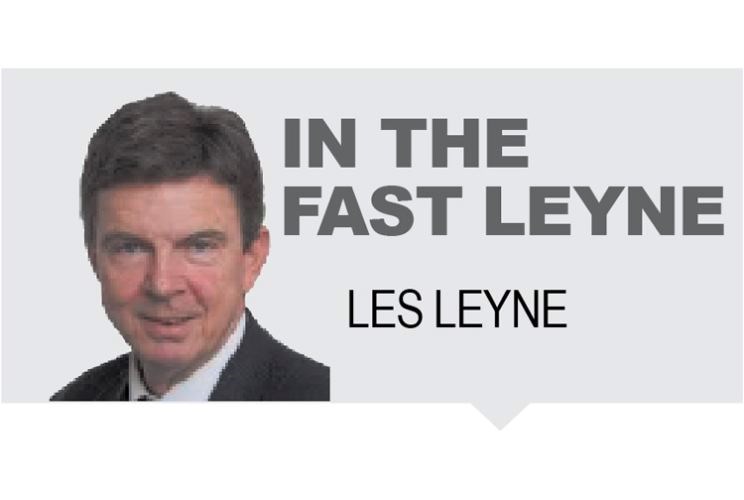Provincial health officer Dr. Bonnie Henry's call to decriminalize people who use illicit drugs isn't quite as dramatic a change as some might picture.
It's already the de facto approach some police forces in B.C. have taken, including Victoria's.
It's similar in some respects to a policy shift B.C. made several years ago about impaired driving, in which an administrative alternative to criminal proceedings was introduced. That approach was cited in one of the options Henry presented.
It's already official policy in B.C. for police not to respond to illicit-overdose situations with arrests in mind. They attend 911 overdose calls only if police presence is requested, in order to allay fears of arrest and encourage people to call for help.
Decriminalization is also the next conceivable step after the legalization of cannabis, which seems to be progressing without any major crises.
The major problem with decriminalization is that if B.C. turns the corner and embraces such a change, any alternative approach still runs into a brick wall - the shortage of treatment regimes for addicts, regardless of whether they have criminal records.
It would take a huge public investment to deal with that void. Finding that kind of new money is unlikely.
It would have to come from savings generated by decriminalization and it's not clear where those savings could be realized.
Police forces and the court system could reallocate resources after decriminalization, but they wouldn't be laying off staff.
Victoria Police Chief Del Manak, on hand to support Henry's call, outlined how a degree of decriminalization is virtually standard practice downtown by default.
"I dedicate zero resources to minor drug possession," he said. The department instead targets dealers who use violence to prey on the vulnerable.
He said his force is on a first-name basis with most of the relatively small community of drug users. They have relationships with the vulnerable and victimized, and they know the predators.
Provincial figures show 50,000 simple-possession charges were laid over a recent nine-year period. But Manak said VicPD practice is to lay such charges strategically, where people in possession are found with weapons and are using violence to prey on users. People are not going to jail for simple possession, he said.
Henry's call came near the third anniversary of the public-health emergency that was declared over the overdose epidemic. The trend line on the fatality rate has levelled off, but is still sky-high.
She joined the consensus that the war on drugs is a lost cause. She called on the federal government to focus more on harm reduction, but Ottawa has no plans to change the legal footing for illegal drugs.
So provincial decriminalization would be a workaround. Henry framed it as an urgent recommendation to stem the unprecedented tide of deaths.
She presented two specific routes. The first would see the public safety ministry make harm reduction and decriminalization official policy, using authority already outlined in the Police Act.
The second would be a new regulation that prevents any police officer from expending resources on enforcement of simple-possession offences.
That would be a more heavy-handed way to make the course change. It could also interfere with the strategic arrests that Manak described.
It was odd to see Public Safety Minister Mike Farnworth balk at the concept just hours after it landed. He told reporters it's not "appropriate" for him to direct police in that manner.
Regardless of his initial reaction, Henry's report is weighty enough to prompt a lot of thought. Farnworth might find himself debating Health Minister Adrian Dix on how to respond.
A long list of other urgent measures over the past several years have only established a plateau for the mortality rate, they haven't curtailed it.
Just So You Know: It takes a statistics buff to appreciate it, but Henry noted one marker of how bad the overdose fatality rate is. It's contributing to a decline of a few months in the current provincial life-expectancy rate at birth. That's a fundamental measure of health and wellness, and she said any decline is cause for serious concern.



